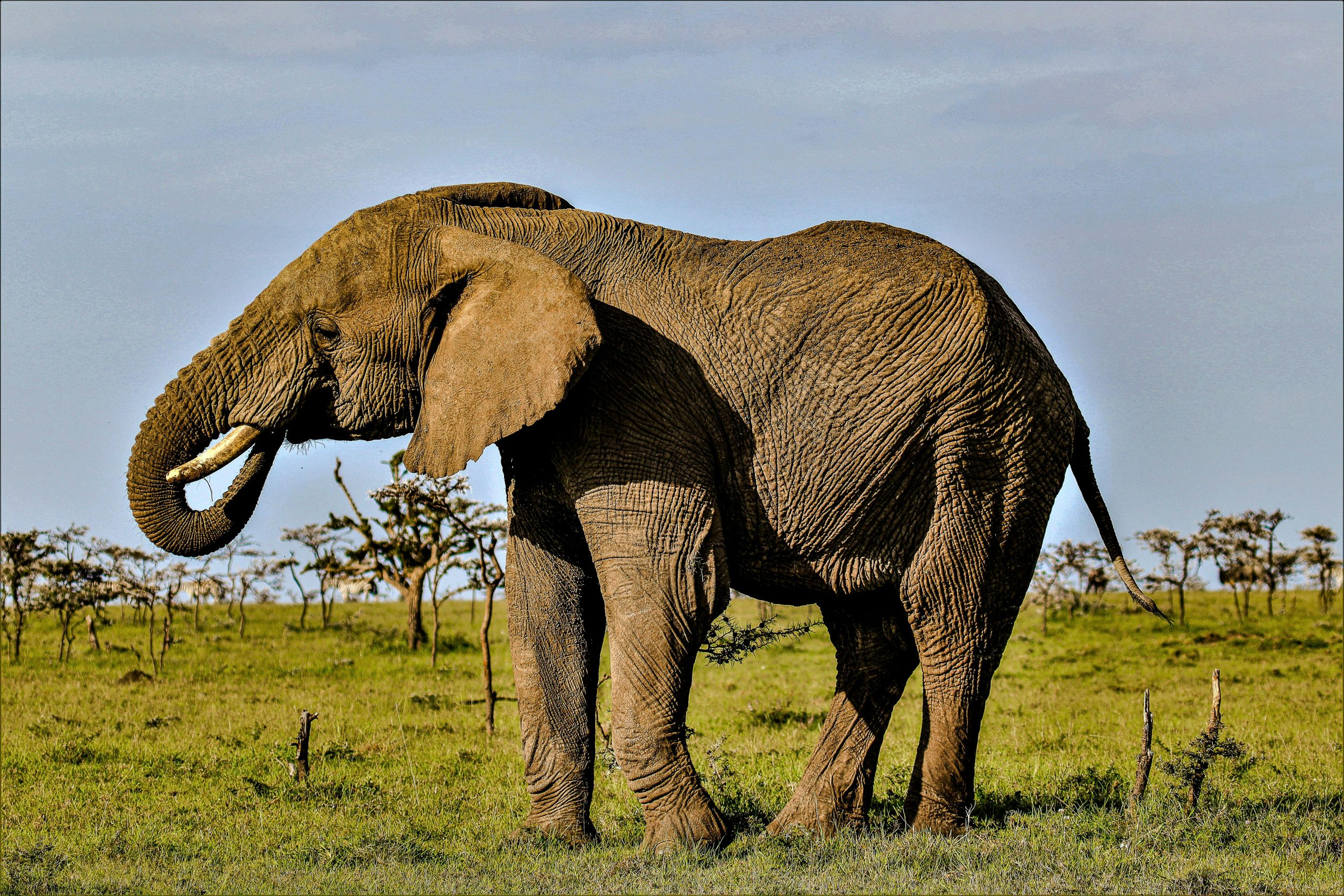Exploring Wildlife Reserves Through Ethical Safari Tourism
When it comes to exploring wildlife reserves, there is an ethical way to do so through safari tourism. This form of tourism not only allows individuals to witness majestic animals in their natural habitats, but also ensures that their presence does not harm or disrupt the delicate balance of these reserves. In recent years, ethical safari tourism has gained popularity, as more people are becoming aware of the negative impact of traditional safaris on wildlife. In this article, we will delve deeper into what ethical safari tourism is and why it is important for the preservation of our planet’s wildlife.
Understanding Ethical Safari Tourism
Ethical safari tourism focuses on responsible and sustainable practices that benefit both wildlife and the surrounding communities. Unlike traditional safaris that prioritize the thrill of seeing animals up close, ethical safaris prioritize the protection and conservation of wildlife. This means that activities such as hunting, hand-feeding, and overcrowding of tourist vehicles are not allowed.
Furthermore, ethical safari tourism also takes into consideration the impact on the local communities. It aims to support and empower local communities by providing employment opportunities and investing in community development projects. This not only improves the livelihoods of the local people, but also fosters a sense of pride and ownership in protecting their environment and the wildlife within it.
The Importance of Ethical Safari Tourism
One of the main reasons why ethical safari tourism is crucial is because it eliminates the negative impact of traditional safaris on wildlife. Traditional safaris often disrupt animal behavior, cause stress and fear, and can even lead to injuries or death. By prioritizing the well-being of wildlife, ethical safaris ensure that these animals are not harmed in any way for the sake of tourism.
In addition, ethical safari tourism supports wildlife conservation efforts. Many safari companies work closely with conservation organizations to help protect endangered species and their habitats. By participating in ethical safari tourism, individuals not only get to witness these animals in their natural habitats, but also contribute to their preservation for future generations to enjoy.
Top Destinations for Ethical Safari Tourism
1. Maasai Mara National Reserve, Kenya
Located in southern Kenya, the Maasai Mara National Reserve is home to the Great Migration, where over two million wildebeest, zebras, and antelopes migrate in search of greener pastures. Responsible and ethical safari tours in this reserve prioritize the protection of this incredible phenomenon, while also supporting the local Maasai community.
2. Serengeti National Park, Tanzania
The Serengeti National Park in Tanzania is another popular destination for ethical safari tourism. Home to the famous “Big Five” (lion, leopard, elephant, rhino, and buffalo), this park is known for its stunning landscapes and diverse wildlife. Conservation efforts here focus on protecting the park’s many species, including the endangered black rhino.
3. South Luangwa National Park, Zambia
Situated in eastern Zambia, South Luangwa National Park offers a unique safari experience. Unlike other parks, night drives are allowed here, giving visitors the chance to spot elusive nocturnal animals. Ethical safari tours in this park also support the local community through partnerships with conservation and community development organizations.
How to Ensure an Ethical Safari Experience
When planning for an ethical safari experience, it is important to do thorough research on the company you choose to book with. Look for tour companies that prioritize responsible and sustainable practices and have partnerships with local conservation organizations. It is also important to keep in mind the group size, as smaller groups have less impact on wildlife and are more likely to follow ethical guidelines.
Furthermore, it is important to respect the natural environment and the animals you encounter. This means not littering, following designated trails, and keeping a safe distance from the animals at all times. It is also important to support local businesses and communities by purchasing souvenirs from local vendors and staying in locally-owned accommodations.
In Conclusion
Ethical safari tourism is a responsible and sustainable way to explore wildlife reserves. By prioritizing the well-being of wildlife and the local communities, it ensures the protection and preservation of our planet’s incredible wildlife. So, when planning your next safari adventure, consider an ethical safari tour and make a positive impact on both the environment and the local communities. After all, a world without these majestic animals is a world we do not want to imagine.










